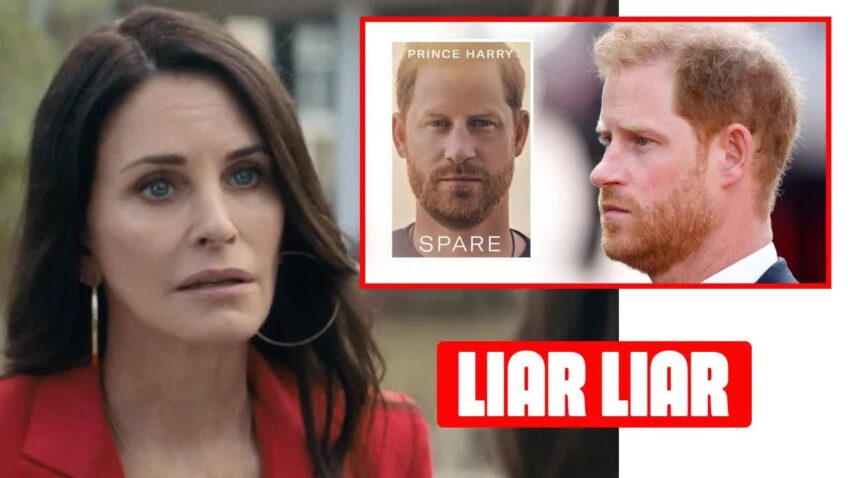There has been much debate surrounding the authenticity of Prince Harry’s revelations in his memoir “Spare” concerning his history of drug use.
Speculations have emerged suggesting that he might have embellished certain details to drive up sales of his book.
In “Spare,” Prince Harry openly admitted to experimenting with cocaine, marijuana, and psychedelic mushrooms in the past.
However, legal representatives for the Biden administration have cast doubt on whether this necessarily reflects his actual drug consumption.
A Washington think tank has initiated legal action against the US government to disclose information from Prince Harry’s visa application, asserting that it is a matter of significant public interest.
Sources close to Prince Harry have affirmed that he provided truthful responses during the application process.
While the possibility of Prince Harry facing deportation seems unlikely, renowned ghostwriter Joshua Lysak has suggested that the Duke could be shielded if he acknowledges that certain aspects of his memoir are not entirely accurate.
Regarding Prince Harry’s visa status, the government’s stance is that they do not endorse every aspect of his memoir as true, hence they do not intend to utilize it against him.
Regardless of personal opinions on this matter, there is merit in acknowledging the potential inaccuracies often found in memoirs.
Mr. Lysak, who has extensive experience as a ghostwriter for various high-profile individuals, including celebrities, highlighted that memoirs are typically not subjected to rigorous fact-checking, except in cases involving real-life individuals who could potentially file lawsuits.
It is widely known that Prince Harry collaborated with ghostwriter J.R. Moringa on “Spare,” which garnered over 1.2 million copies in global sales within its first week of release a year ago.
Mr. Lysak emphasized that while readers often perceive memoirs as definitive accounts, many are not meticulously fact-checked, particularly in sections that could lead to legal repercussions.
The issue of truthfulness in personal narratives arises, with no legal obligation dictating that self-portrayals must be entirely factual.
Recent developments have seen Harry’s comments on drug use in “Spare” come under scrutiny, prompting speculation about potential legal actions from Courteney Cox regarding alleged fabrications.
Questions have surfaced regarding the veracity of Prince Harry’s claims about Courteney Cox’s involvement in providing illicit substances.
The controversy centers on a passage in the memoir where Prince Harry recounts an incident at Courteney Cox’s residence involving psychedelic mushrooms.
Courteney Cox has refuted Prince Harry’s assertions in his book and shared her perspective on the matter.
Despite acknowledging Harry’s visit to her home, she denied any involvement in providing psychedelic substances.
The Friends star, speaking to Variety, expressed her positive impressions of Prince Harry but disputed the accuracy of the events described in his book.
The discrepancy between their recollections hints at potential discrepancies in their accounts.
Interestingly, despite their prior amicable relationship, Prince Harry and Courteney Cox reportedly had no interaction at a recent gathering following the book’s release.
Both attended a special event hosted by Portia de Rossi to celebrate her 50th birthday, which featured a vow renewal ceremony with Ellen DeGeneres.
However, they reportedly refrained from engaging with each other during the occasion.
The unfolding saga has sparked a flurry of reactions from social media users and commentators, with many weighing in on the possible legal ramifications for Prince Harry and the credibility of his memoir.
A vocal segment of individuals has voiced support for Courteney Cox potentially pursuing legal action against Prince Harry for what they perceive as falsehoods in his narrative.
